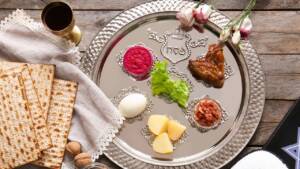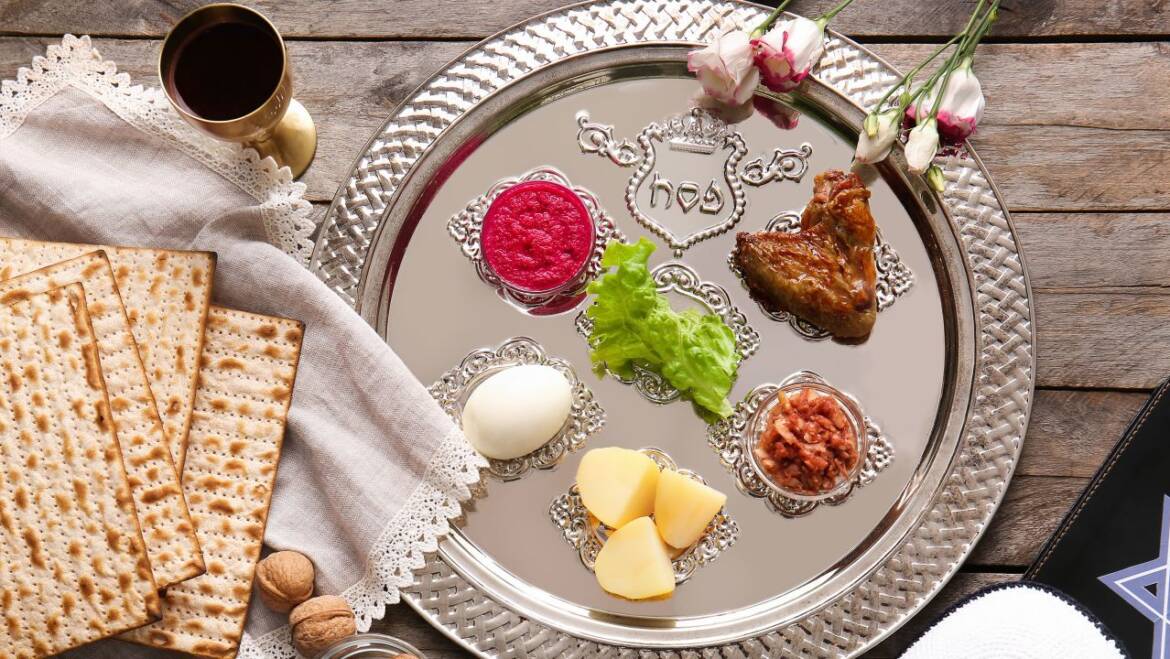By: Rabbi Richard Fagan
As people prepare to celebrate Pesach (Passover), it is good to remember two rabbis, about 1800 years ago, who differed on what the holiday was really about. Freedom from Egyptian slavery? Yes, certainly. But what was slavery, and what was freedom? One great teacher, Samu el explains with the basic story, as we would expect: we were physically enslaved in Egypt, and now we are free from bondage. Rav however, asks what this freedom, this whole process, is really for. His explanation: once we worshiped idols, but now God has taken us into His service. In other words, there are many kinds of enslavement, not just physical, but slavery of the spirit, the mind, and the emotions.
el explains with the basic story, as we would expect: we were physically enslaved in Egypt, and now we are free from bondage. Rav however, asks what this freedom, this whole process, is really for. His explanation: once we worshiped idols, but now God has taken us into His service. In other words, there are many kinds of enslavement, not just physical, but slavery of the spirit, the mind, and the emotions.
Tradition, knowing that both kinds of freedom from enslavement are crucial, enshrines both viewpoints in the Seder service. Samuel is right. People’s physical freedom and physical needs must be addressed. Rabbi Israel Salanter in the 19th century said “my neighbor’s physical needs should be my spiritual needs.” And Rav is equally right. Physical relief would hardly suffice without relief from false, harmful ideas, depression, and lack of good values, of purpose. Golda Meir once said, “create the kind of self that you will be happy to live with all your life.”
Samuel makes a good point. We need to try to relieve the physical suffering of others, enabling them to be freer to be their best selves. Rav is correct too. Freedom for living a happy, purposeful, kind life, must accompany and illuminate freedom from the hardship of the body.
As we approach Pesach at Martin and Edith Stein Assisted Living, I see through our residents, the teachings of both ancient teachers in action. Providing a comfortable place to live, medical care, and therapies is essential. Equally essential are the activities, concerts, discussions, laughter, counseling, and prayer, and certainly the friendships which nurture happiness. In both areas, there is the desire to serve to do more. Samuel and Rav would approve.
My wife and I have a bumper sticker on our cars that says “Be kind. Do good.” Simple words, but they reflect an end to enslavement to what is harmful and a commitment to generous freedom. I hope this holiday season will inspire all of us to follow in the footsteps of Rav and Samuel and to live our best lives freely.

